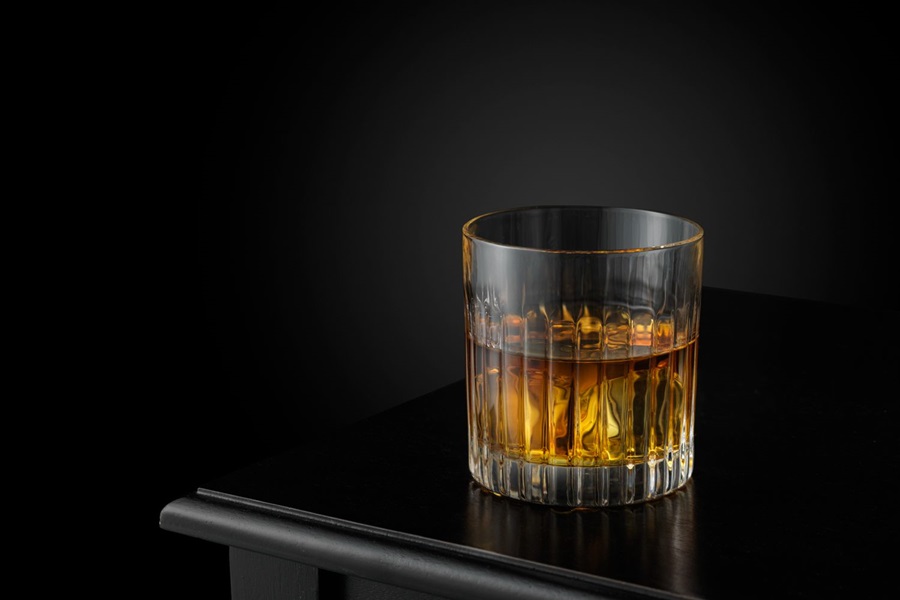Johnnie Walker announced at the beginning of this year that they’ll launch Jane Walker, the first female iteration of its iconic Striding Man logo, in March to celebrate the Women’s History Month. The limited edition is available only in the US market and Johnnie Walker will donate one dollar for every bottle sold (at US$34.99) to organizations championing women’s causes, such as Elizabeth Cady Stanton and Susan B. Anthony Statue Fund and its Monumental Women campaign.
Johnnie Walker emphasized that this is not a new whisky specially targeting female consumers, nor does it have a “feminized” taste, even its icon is almost the same as Johnnie Walker: same pose, same clothes, same walking stick.
According to Johnnie Walker’s official statement, the launching of Jane Walker was “in recognition of women who lead the way. …. Jane Walker is the celebration of the many achievements of women and a symbol of empowerment for all those on the journey towards gender equality.”
This also reminds people that half of Johnnie Walker’s expert blenders are women. About half of the board members of Diageo, the parent company of Johnnie Walker, are female.
Apparently, the advent of Jane Walker was a brand’s proactive response to the emergent trend of female empowerment around the world. As the cultural trend develops, the concept of gender equality advances and more facets grow out to enrich this concept. One of them is the growing need of women pursuing different careers, or more career options now open up equally to male and female. Jane Walker is not only pointing out that women are equally important consumer segment for whisky, but also announcing that women could become outstanding expert blenders as well.
Other brands have already touched up the topic of free choice of career path in the realm of female empowerment. Google, for example, in its 2017 International Women’s Day Google Doodle saluted 13 outstanding women from 12 countries. They pursued different professions, including journalist, civil activist, pilot, architect, astronaut and mathematician.
In China, the launching video commercial of Mini John Cooper Works, Chinese actress Tang Wei was requested to act in several totally different roles, including an abused pregnant woman, a beggar, as well as a gallery dealer, a fierce prison guard and, of course, a car racer. Audiences praised the campaign not only for Tang’s acting talent, more importantly for finding possibilities of women embracing careers that usually dominated by men, capturing the spirit that women being confident in focusing on what they truly love.
Insights for brands
With more and more social conversations going on worldwide and within China, we agree that it is the best time ever for brands to communicate the emergent culture value – female empowerment. Examples above have suggested female empowerment from the aspect of independence that enabling female to find equality in career choosing.
From a cultural point of view, the idea of female empowerment could be interpreted diversely, for example in terms of confidence, independence, individuality and etc. From the essence within female empowerment or feminism, there still be places and various opportunities for brands to further develop their communication strategies.
EDITOR'S NOTES
* To reach the author, or to know more information, data and analysis of culture-related branding consultancy, please contact us.

